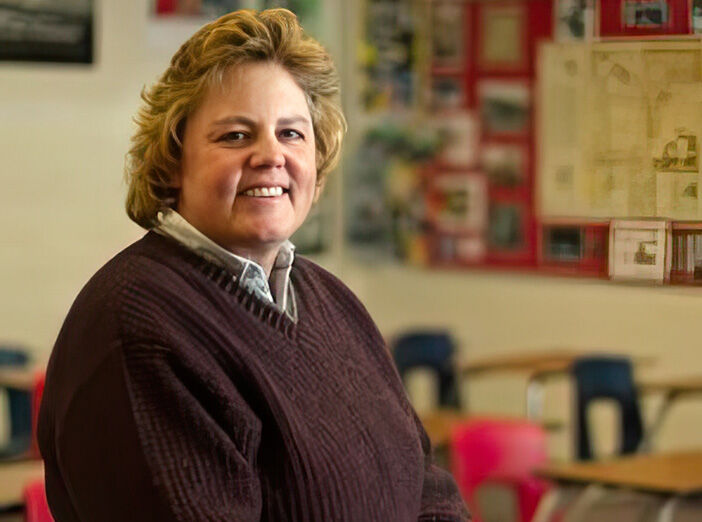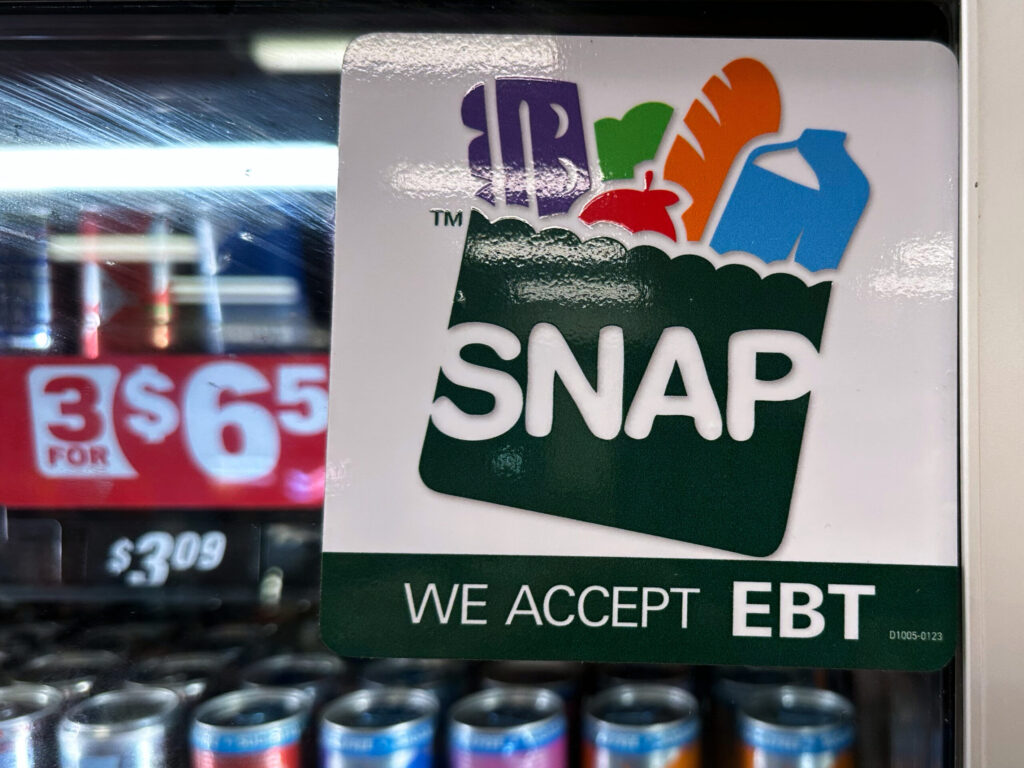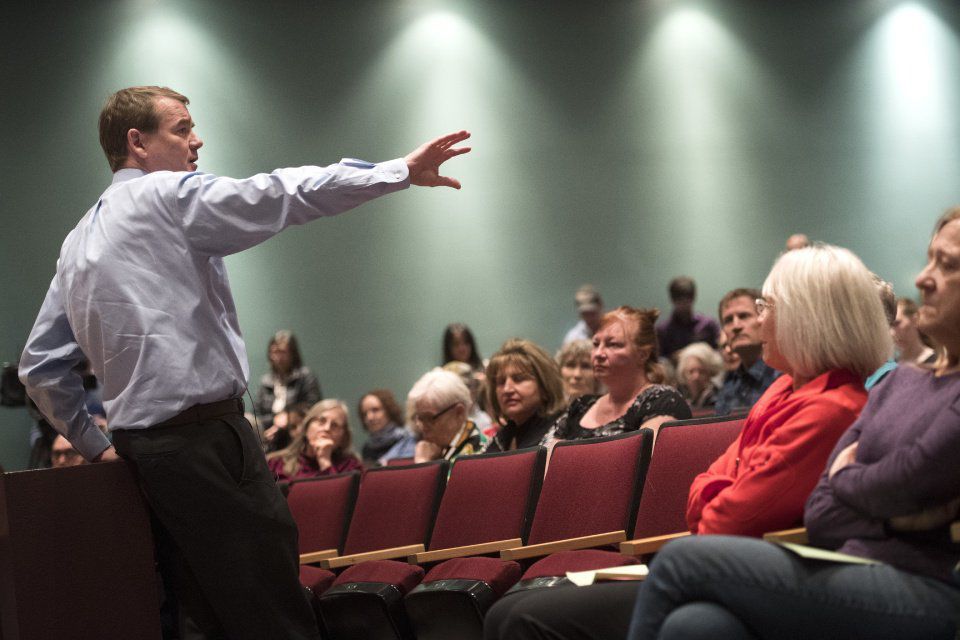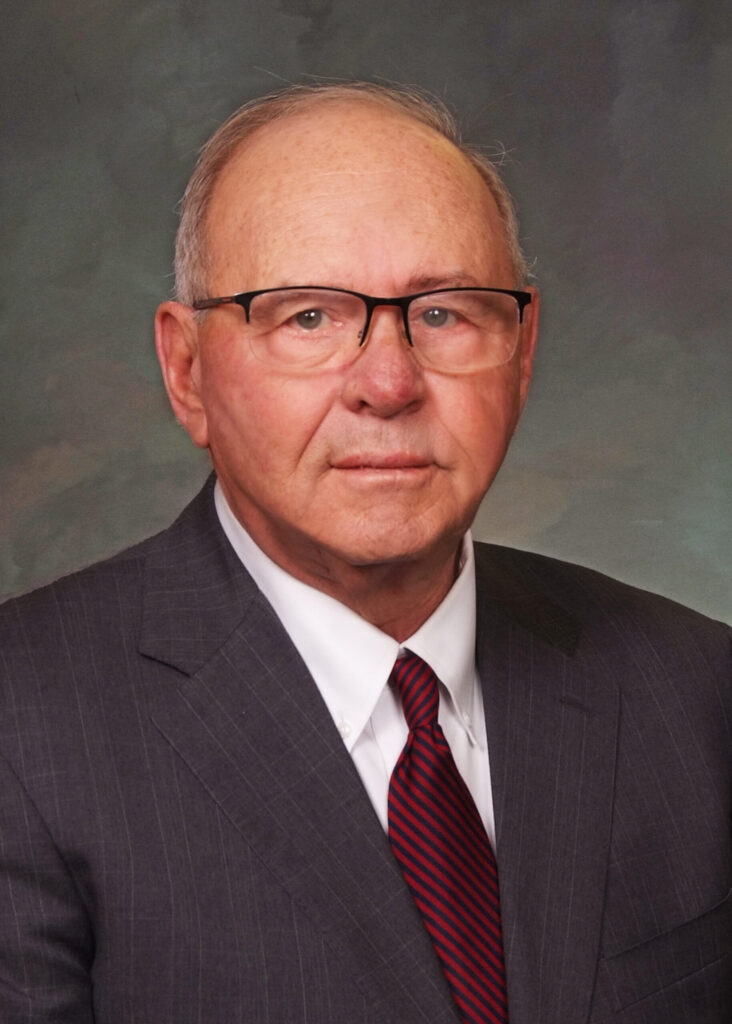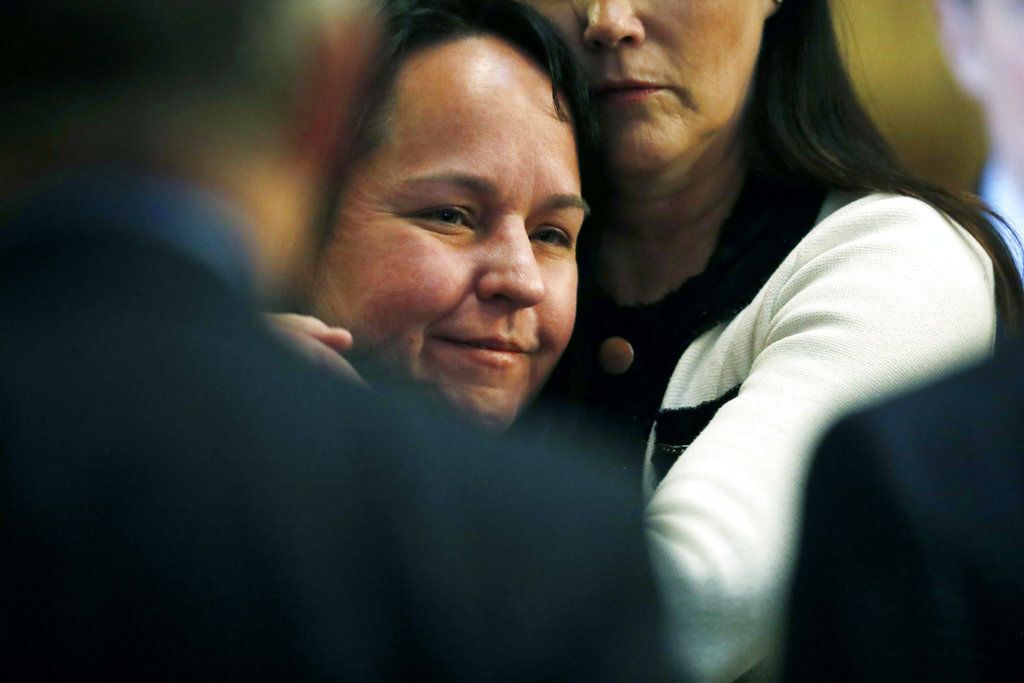Jurors in DaVita trial quiz FBI agent about investigation tactics

Jurors expressed a keen interest on Monday in knowing the details of the federal government’s process for investigating, charging and prosecuting kidney care company DaVita, Inc. and its former leader, Kent Thiry, on white-collar criminal charges.
As the second week of the trial began in downtown Denver, Special Agent Matthew Hamel of the Federal Bureau of Investigation fielded a flurry of questions about the technical aspects of the prosecution, including decisions to interview witnesses and pursue an indictment.
“What was the genesis of your investigation?” asked U.S. District Court Senior Judge R. Brooke Jackson, reading one juror’s inquiry.
DaVita and Thiry stand accused of three counts each of conspiring to violate federal antitrust law through a series of gentlemen’s agreements with other companies to block DaVita employees from receiving business solicitations for open positions. Jurors learned that solicitations are common methods of filling high-level corporate positions.
Hamel said that he had been working on another case from 2018 involving a non-solicitation agreement between Surgical Care Affiliates and United Surgical Partners International when he learned about DaVita’s own agreements. The jury previously heard about SCA and USPI from other witnesses, given that one of DaVita’s criminal charges arises from its non-solicitation agreement with SCA.
Multiple jurors asked Hamel why the FBI does not record interviews with witnesses, when the U.S. Department of Justice decided to bring its case against the defendants and why Hamel did not question certain key players in the conspiracy.
Hamel clarified that witnesses either did not call him back, refused to talk to the FBI or could not reach an agreement between their own attorneys and Justice Department lawyers about their testimony. He raised the example of Josh Golomb, the chief executive of Hazel Health, Inc. who entered into one such non-solicitation agreement with DaVita that the government alleges is illegal.
“He, through his attorneys, told us he would only sit down with us if he had a full immunity agreement. We, as the investigative team, were not willing to give him an immunity agreement until we heard what he had to say,” Hamel said.
Although Hamel’s testimony was the focal point of the proceedings, Jackson also made several key decisions in the case outside of the presence of jurors. Most issues arose from disputes between the parties, but the judge raised one matter on his own – he chose to address Thiry about the choice of whether to testify in his own defense.
Jackson gave a “Curtis advisement,” named after a Colorado Supreme Court decision that directs state trial judges to explain to defendants, away from the jury, the consequences of a decision to take the witness stand.
“If you testify, then of course, in response to questions that are asked by whomever, you have the floor to tell your story. And maybe you could consider that a positive,” Jackson said. However, the government “can try to bring out through your testimony things that they haven’t brought out or haven’t been able to bring out through other witnesses … They can try to convince the jury through their cross examination that you are someone who shouldn’t be believed. They can attack your credibility.”
He added, “Whether that’s a risk or a risk worth taking, that’s for you to decide.”
In response, Thiry acknowledged he had not yet decided whether he will testify. Jackson advised that Thiry would need to decide by Tuesday, as the defense would likely present its case then.
The judge also rebuked the lawyers for the Justice Department’s Antitrust Division for their attempt to call as a witness a DaVita executive they originally promised would serve only to rebut the defense.
“You said you wouldn’t. You reneged on your agreement. That’s not acceptable in this court,” Jackson scolded the government.
The judge finally ruled on the admissibility of testimony from an expert witness of the defense, economics and antitrust expert Pierre–Yves Cremieux. The government sought to exclude certain opinions from Cremieux, who analyzed compensation and turnover data at DaVita over time, including the period of the alleged conspiracy.
In the morning, Justice Department attorney William Vigen aggressively tried to discredit Cremieux’s methodology of comparing DaVita’s performance to the healthcare industry as a whole.
“I didn’t find Mr. Vigen’s cross-examination of the witness to be effective. Mr. Vigen was trying to convince this expert witness that he had misapplied the differences in differences approach,” Jackson said, referring to the statistical method Cremieux used. “Time after time, the expert was saying to Mr. Vigen, ‘You don’t understand when I’m saying something very simple’.”
The judge allowed Cremieux to testify about his findings that DaVita salaries changed during the alleged conspiracy period at a rate higher than the healthcare industry as a whole, which is not what he would expect to find if there were an agreement designed to prevent employees from moving as easily between DaVita and other companies.
Jackson did agree to exclude other expert opinions from Cremieux that were contrary to the judge’s own rulings about the labor market for senior executives. He also blocked Cremieux from attempting to explain the possible justifications for Thiry and other executives to enter into the non-solicitation agreements for purposes other than an illegal conspiracy.
“The one person in the room who knows what they intended is Mr. Thiry,” the judge told the defense.
Jurors have learned about Thiry’s agreements with three other CEOs to avoid proactive recruitment of some or all DaVita employees. Some agreements contained a rule that, for a DaVita worker to be eligible for recruitment, they had to tell their boss they were looking for a job. Witnesses have already testified about DaVita’s agreements with SCA and Radiology Partners, but Hamel spoke to his findings about the alleged conspiracy with Hazel Health.
Hamel read aloud text message conversations between Thiry, Golomb of Hazel Health and Julio Quiñones, a DaVita worker caught up in the discussion over the non-solicitation agreement. Golomb wrote to Thiry at the end of March 2017 as he was recruiting Quiñones.
“Did not sleep much last night knowing how much things hurt you personally,” Golomb texted. He also acknowledged that he chose to offer Quiñones a lower amount than he was earning at DaVita and that the “first thing I should have done” was to call Thiry about recruiting Quiñones.
“I disagree with what you have done but our friendship will survive. Other people at DaVita will not be as understanding, however,” Thiry responded.
The prosecution also showed that one factor in Thiry’s compensation was the retention of “high-performing employees.”
On cross-examination, Hamel acknowledged that due to his inability to interview everyone linked to the non-solicitation agreements, he did not know whether DaVita employees considered themselves victims of the conspiracy. He also described the various official and tentative non-prosecution agreements the Antitrust Division secured for key witnesses.
As for Quiñones, defense attorney Juanita Brooks pointed out that he did discuss the offer of a new senior position with DaVita after he told Thiry that he was thinking of leaving.
“Once he informed his employer, a bidding war for Mr. Quiñones began, is that fair?” Brooks asked.
“I don’t think that’s fair,” responded Hamel, saying DaVita had simply “put options in front of” Quiñones.
On Tuesday, the defense is scheduled to begin calling its witnesses. If convicted, Thiry could face up to 10 years in prison for each charge, and DaVita could incur a fine of up to $100 million for each count.
The case is United States v. DaVita, Inc. et al.



